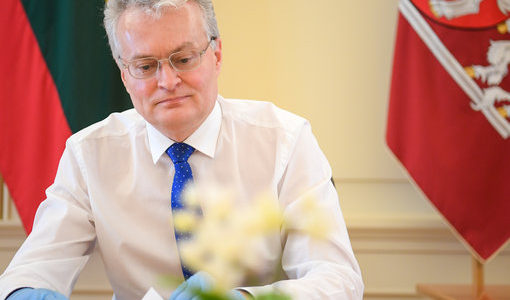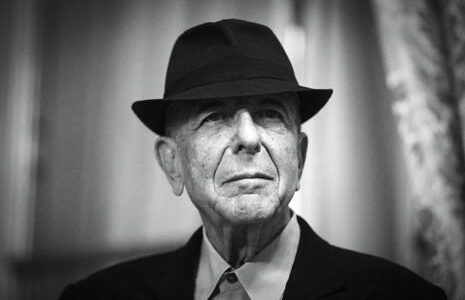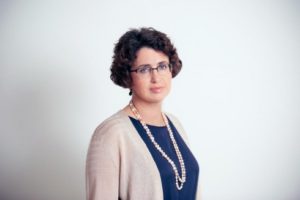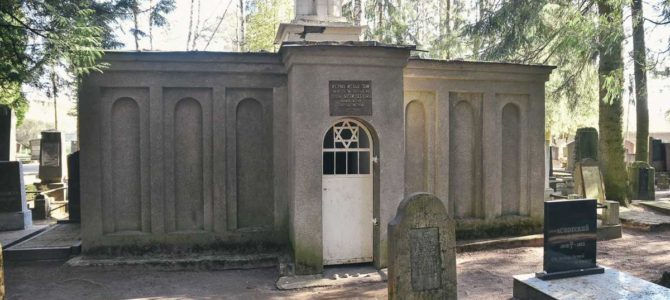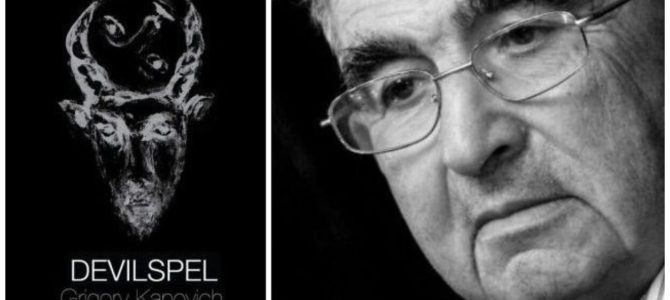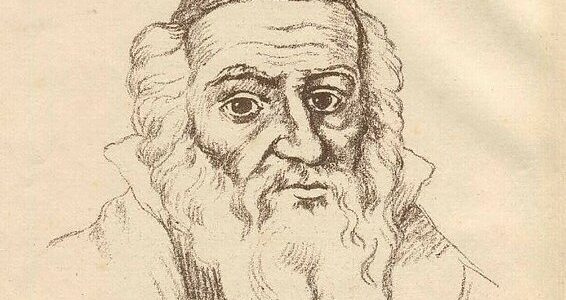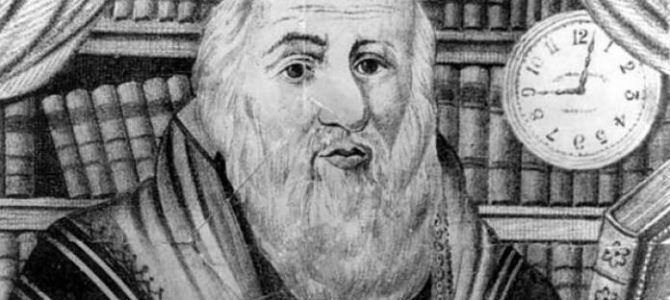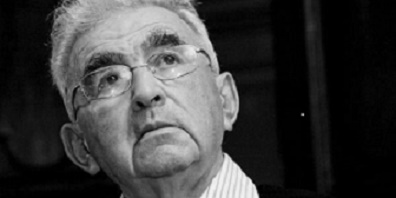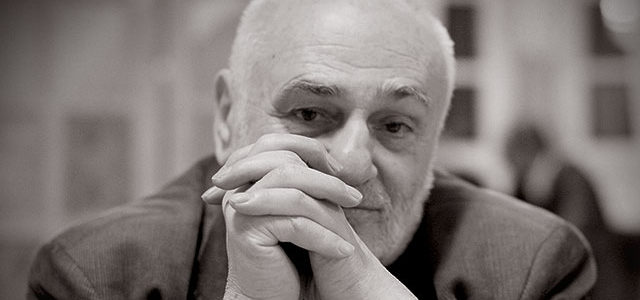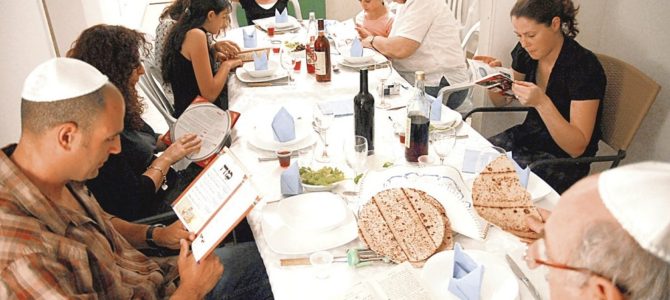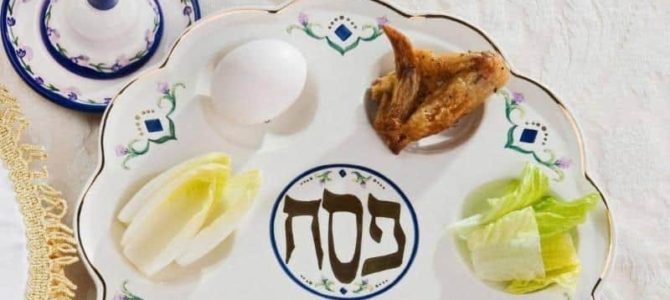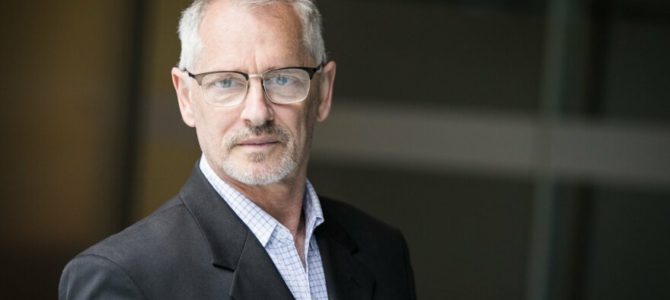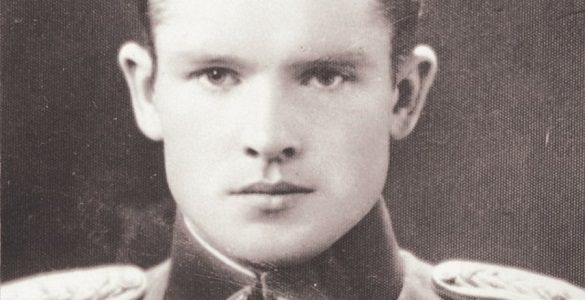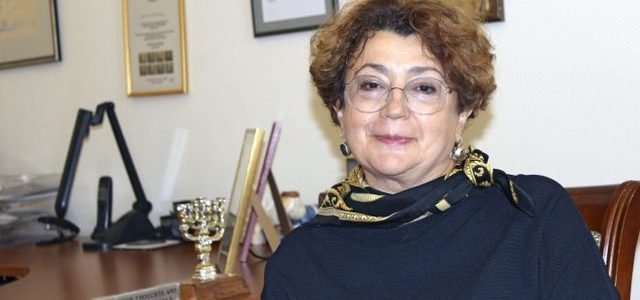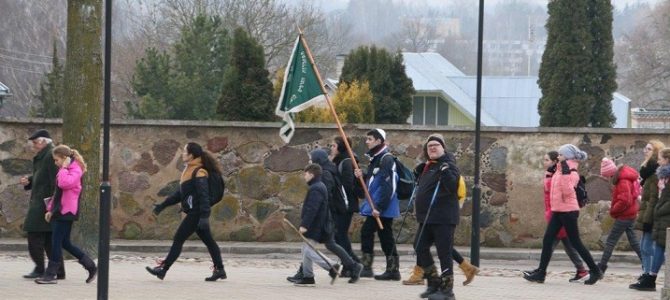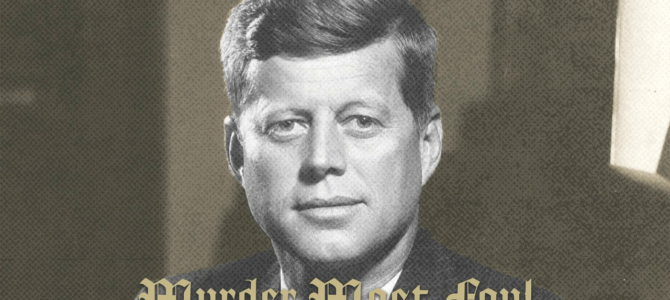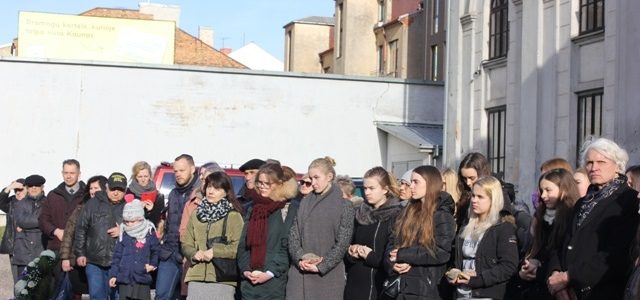April 23 was the 300th anniversary of the birth of the Vilna Gaon, the outstanding Torah-Talmud scholar from Vilnius in the 18th century. Lithuanian president Gitanas Nausėda and Israeli president Reuven Rivlin called each other to offer congratulations on the occasion.
The Lithuanian president expressed respect for the Vilna Gaon, the Rabbi Eliyahu ben Soiomon Zalman, who put Vilnius on the map as a center for Torah learning. He told the Israeli president the year 2020 had been declared the Year of the Vilna Gaon and Litvak History in Lithuania to honor the Gaon’s bright memory.
“The intellect and erudition of the Vilna Gaon made Vilnius the spiritual center of Jews in Europe, famous throughout the world. It was thanks to him that Vilnius appeared on the world map as the capital of Torah-Talmud scholarship and became the religious center of Judaism. The Gaon’s teaching, based on thoroughness, patience and dedication to revealing spiritual power and to seeking wisdom, is an inspiration in difficult times,” the Lithuanian president said.
President Nausėda emphasized Lithuania remains the home of the large Litvak community spread throughout the world. The Lithuanian Jewish Community maintains active ties with Litvaks living in Israel, the USA, South Africa, France and elsewhere, Nausėda noted.
The two presidents also discussed the health situation in their two countries and measures for restoring economic life. They agreed this time full of challenges the world faces demands special attention to international relations and solidarity between the nations.
At the end of their conversation the Lithuanian president greeted Israel on the 72nd anniversary of statehood and invited the Israeli president to visit Lithuania.
Information from the President’s Communication Group


